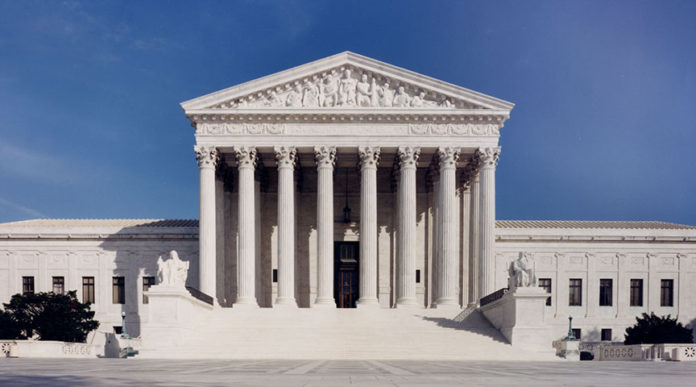The Supreme Court of the United States (Court) has agreed to consider the constitutionality of the current statutory and regulatory framework for funding and administering the FCC’s Universal Service Fund (USF) support mechanisms, which subsidize telecommunications and Internet services for schools, libraries, and rural healthcare providers, as well as voice and broadband services in high-cost areas and for low-income consumers. The Court will consider whether the Universal Service mechanisms violate the nondelegation doctrine and whether Congress has given the FCC an “intelligible principle,” or adequately specific direction, to create such a fund.
The Court will be reviewing a decision from the 5th Circuit, which determined the USF to be unconstitutional. The lawsuit was initially brought by Consumers’ Research, a right-leaning non-profit consumer advocacy organization. The 5th Circuit’s decision arises from a series of challenges to Universal Service brought by Consumers’ Research in multiple U.S. Courts of Appeals, and it is in conflict with previous decisions from the 6th Circuit and 11th Circuit in other Consumers’ Research challenges, which found Universal Service constitutional as it currently stands.
Alongside its Petition regarding the 5th Circuit opinion, Consumers’ Research also sought rehearing of the Supreme Court’s previous refusal to review the 6th and 11th Circuit opinions, and those requests were also scheduled to be considered by the Supreme Court today.








